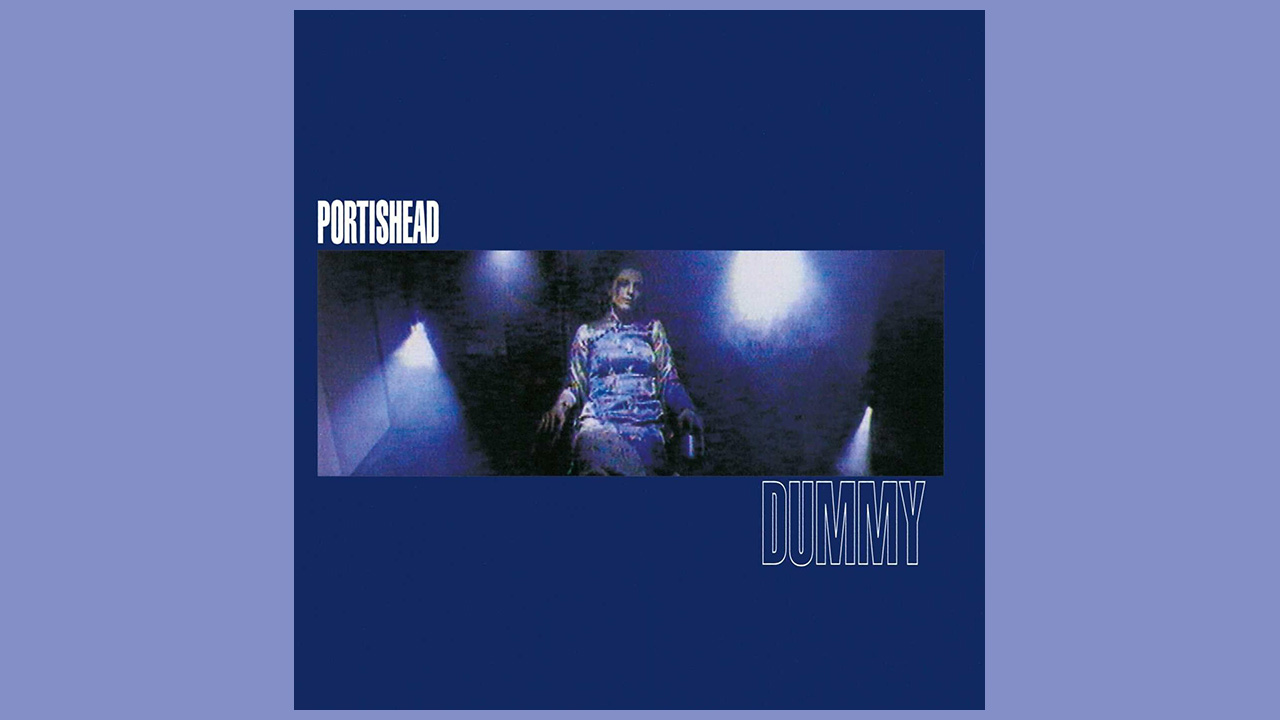
Released three decades ago this year, Portishead’s debut album Dummy was assembled with a multi-level attention to detail that many progressive musicians would recognise and admire. That’s just one of the reasons the record should be regarded as prog.
The old proverb ‘mighty oaks from little acorns grow’ was never truer than when Beth Gibbons and Geoff Barrow met on an Enterprise Allowance Scheme in Bristol in 1991. Tapes were exchanged on their tea break and a new band soon emerged.
Portishead would inhabit their own demimonde on debut album Dummy. With multi-instrumentalist Adrian Utley soon on board, they changed the way records were made, inspiring the warm crackle of the needle drop on a thousand intelligent hip-hop tracks, and opening the floodgates to a deluge of ersatz downtempo imitators… we’ll not blame them for that.
The coffee-table copyists couldn’t replicate the melancholia or come close to the attention to detail. There’s an idiosyncratic methodology at work on Dummy that borders on the virtuosic – something you might associate with King Crimson, even if the results are very different sonically.
There are samples, of course, taking in the progressive jazz of Wayne Shorter’s Weather Report on Stranger, the moody blues of Isaac Hayes’ Ike’s Rap II on Glory Box, or the cimbalom-enhanced The Danube Incident by the legendary jazz and movie theme composer Lalo Schifrin on Sour Times.
What makes Dummy unique, though, is the fastidious way in which the band recorded their live instruments, pressing the results up on vinyl and then sampling themselves, giving everything a measured sense of uncertainty.
There’s an odd marriage of warm analogue instruments with a patina of the uncanny, where scratching meets theremin, and cut-ups mingle with cold war twangy guitars. That may sound cluttered – but on Dummy there’s never a note or texture out of place.
Perhaps what elevates Dummy most is the astonishing voice of Gibbons, which brings a folk-horror spookiness to proceedings
The album is imbued with an essential quality that underpins prog, too: unashamed ambition. Even before they’d made a full record, Portishead made their own mini spy movie To Kill A Dead Man – a film noir full of assassins, chess boards and John Barry-esque musical moods to ramp up the intrigue. A grainy frame featuring a bloodied Gibbons tied to a chair was lifted from the film and mounted on the cover of the album to add to the mystery.
With a small budget and only themselves and a few accomplices to play the parts, they’d already begun to world-build. That world is a sphere where the gravity is heavier and where the air tickles your skin; where the hues are bluer and the atmosphere more gloomy – a world that’s wholly believable yet uniquely theirs.
Perhaps what elevates Dummy most is the astonishing voice of Gibbons, which brings a folk-horror spookiness to proceedings; it’s an instrument that’s as gothic as it’s bluesy. When she sings, ‘This is the beginning of forever and ever...’ on Glory Box, you feel yourself disappearing into a vortex with the promise of a different reality on the other side. And what could be more proggy than that?







